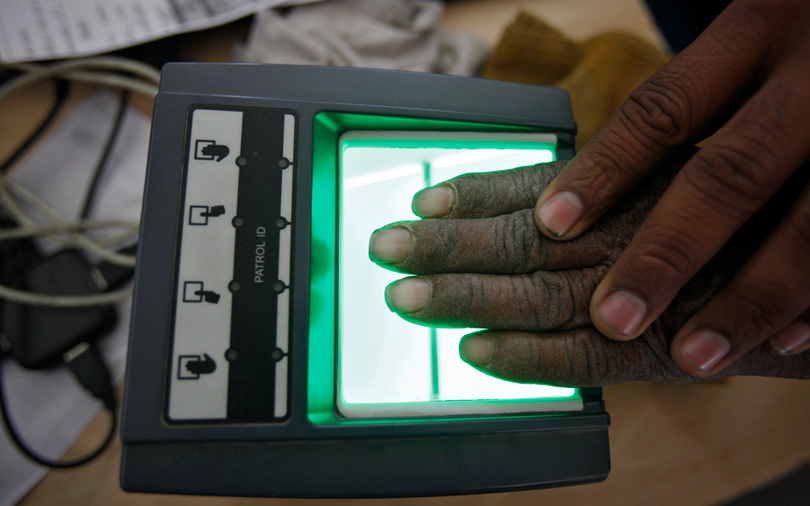
Locked out of Aadhaar due to fading fingerprint? No sweat, say cheese!


In a relief to those who can't pass Aadhaar biometric tests due to fading fingerprints, the Unique Identification Authority of India (UIDAI) has mandated all authentication through facial recognition, The Times of India reported. Aadhaar is India's national identity card project.
Biometric recognition is sometimes not possible as fingerprints get worn out from old age and labour, hence face scanning will be of immense help, UIDAI chief executive Ajay Bhushan Pandey told the newspaper.
Pandey added that the new method of authentication would start with SIM sellers, who work in co-ordination with telecom companies.
Failure to follow the facial-recognition directive could result in prison, The Times of India reported.

UIDAI has informed telecom operators that, after September 15, at least 10% of their transactions need to be authenticated through facial recognition, the report said. If telcos fall short of the target, a penalty of 20 paise per transaction would be applicable, the report said.
"After we hit the target, we will expand the facial-recognition method of authentication within telecom as well as to other service areas," the UIDAI chief executive was quoted as saying.
Besides making mandatory facial recognition for authentication, UIDAI has also been moving to secure its database.

In June, UIDAI curbed access to its database for mobile wallet companies, citing security concerns, The Economic Times reported.
Restricted access to UIDAI’s database means the firms can now only seek virtual Aadhaar numbers from consumers, and not real ones, for authenticating customer details.
Some payment companies see the move as driving wallets to the costlier old ways of KYC (know your customer) completion, involving PAN cards or driving licences, and shooting up customer inconvenience.

The change in policy follows the apex court’s concerns about the security and privacy of data.
